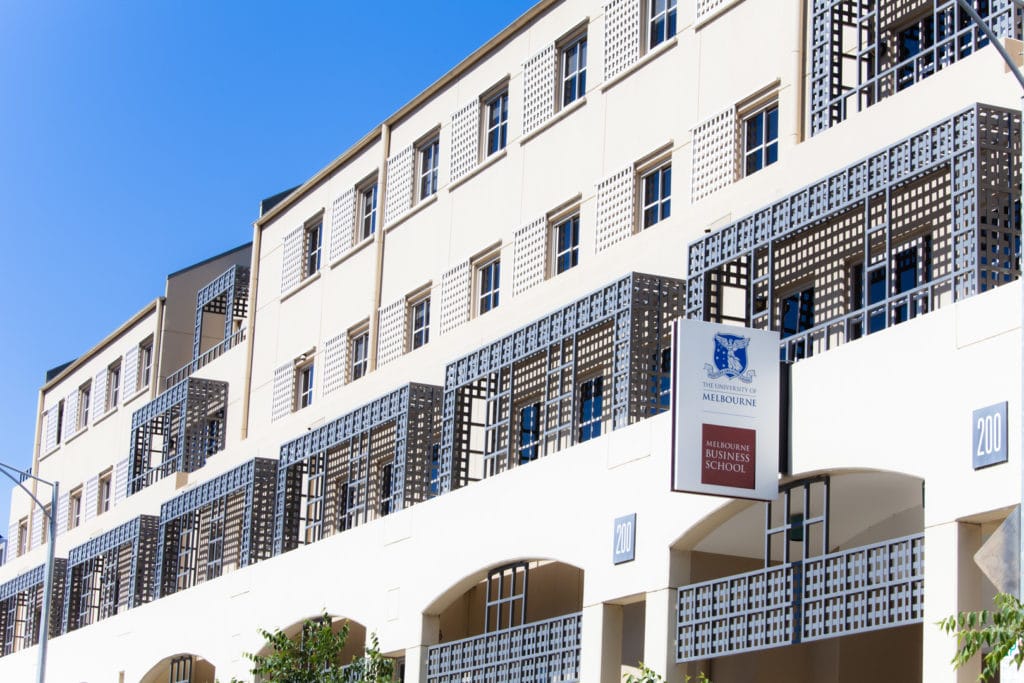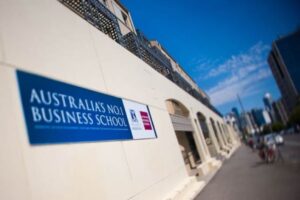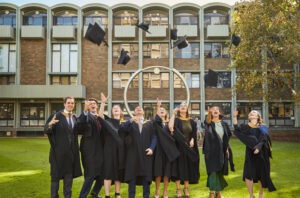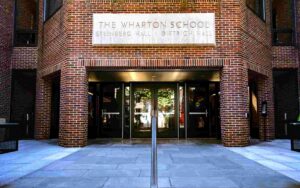The Melbourne Business School’s highly-regarded Executive MBA (EMBA) program is the only Australian representative on the FT (Financial Times) annual ranking of the world’s top 100 programs.
The ranking is based on surveys of alumni from three years ago (2020 data is based on 2017 cohort) across five ranking criteria: salary today, salary increase, career progress, work experience and aims achieved. Together they account for 55 per cent of the ranking’s weight. The salary-based criteria account for 20 per cent each of the overall ranking.
MBS ranked 69th on this year’s list, down from 58 last year. Melbourne graduates surveyed for the ranking are currently making an average of $US185,131 or about $260,000 in local money.
The survey of MBS 2017 graduates showed their salary had increased 44% from their pre-MBA salary, down from 55% in the 2019 ranking. The survey also showed a high level of satisfaction with 73% of students achieving their aims.
Designed for people with at least five years experience in management, the Melbourne Business School EMBA is delivered in long-weekend modules where students stay at the school for four days – Thursday to Sunday – and study intensively about once a month for 18 months.
The Executive MBA as a program is designed specifically for more senior managers and this year marks 76 years since the first program was offered at the University of Chicago Booth School of Business.
More than 260 institutions now offer EMBAs, according to the Association to Advance Collegiate Schools of Business (AACSB).
This year’s FT ranking was topped by the EMBA jointly offered by Kellogg/HKUST Business School (2019 ranking: 2), where graduates are making an average of $US528,057 three years after graduating. The EMBA offered by China’s Ceibs was second with HEC Paris rounding out the top three.
Ranking Methodology
A total of 129 programmes took part in the 2020 ranking process, including 13 joint programmes delivered by more than one school.
Data for the ranking are collected using two online surveys, the first completed by participating schools and the second by alumni who finished their programmes in 2017. Normally, for a school to be eligible for the rankings, 20 per cent of alumni must respond to the survey, with a minimum of 20 responses.
For this year only, because of the Covid-19 crisis, the FT considered schools with a lower response rate. About 4,500 alumni completed the survey — an overall response of about 49 per cent.
Alumni responses inform five ranking criteria: salary today, salary increase, career progress, work experience and aims achieved. Together they account for 55 per cent of the ranking’s weight. The first two criteria for alumni salaries each count for 20 per cent.
Melbourne Business School will hold an information evening on its EMBA program on November 4 from 6-7pm (AEDT). More information available here.







